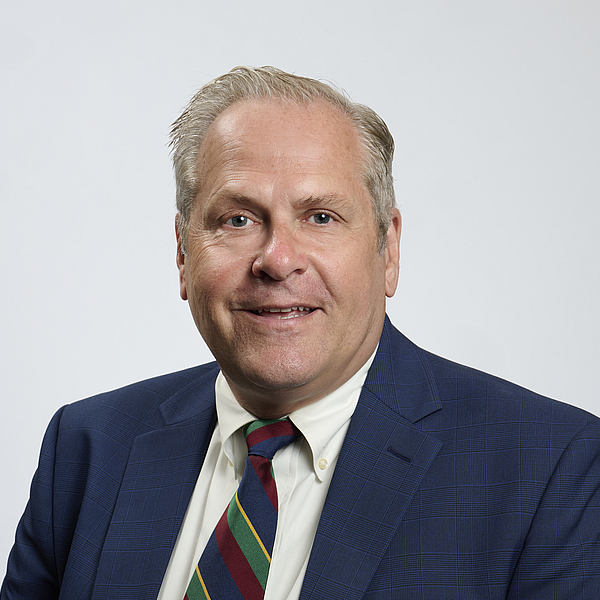by Rob Jackstadt
On June 12, 2020, Governor J.B Pritzker inked Senate Bill 2135 which permits School Boards to conduct remote open and closed meetings under certain circumstances. Boards of Education may hold public meetings and conduct public business remotely if (a) the Governor or the Director of the Illinois Department of Public Health has issued a disaster declaration related to public health concerns and (b) the Board President determines that meeting in-person in not practical or prudent because of a disaster. Remote meetings are allowed but not required during disaster declarations.
The new requirements for School Boards to utilize the measures during a disaster declaration are as follows:
- Participating Board Members must be verified and must be able to hear one another, as well as hear all discussion and testimony.
- Members of the public who are present at the regular meeting location of the Board of Education must be able to hear all discussion, testimony and votes of the members of the Board during an open meeting.
- If attendance at the regular meeting location for the Board is not feasible due to the disaster or the disaster declaration, alternative arrangements must be made and the notice of the Board meeting should include arrangements that will provide live public access to hear all parts of the open meeting, including for example phone number or web-based link.
- At least one member of the School Board or the Superintendent must by physically present at the regular School Board meeting location, unless it is not feasible due to the disaster or disaster declaration.
- All votes must be by roll call, identifying each member and recording their vote on each issue.
- Typical 48 hour notice of the School Board Meeting must be provided to all members of the School Board, posted at the Board meeting site, on the School District’s website and provided to the news media that has requested notice.
- Each board member participating by video or audio conference for a meeting under these provisions is considered present at the meeting for purposes of securing a quorum.
- Verbatim audio or video recording of all School Board Meetings conducted under these provisions must be kept and made available for the public for review. These recordings are public records and must be maintained for no less than 18 months.
- Regular minutes of all meetings must still be prepared, approved and made available for public review.
These requirements may be utilized for a bona fide emergency Board of Education meetings if a disaster declaration is in place. The Notice of an Emergency Board of Education meeting should be given as soon as practicable prior to the meeting and to the news media that have requested notice. The Board President must articulate the nature of the emergency at the beginning of the emergency meeting. The School Board must comply with the verbatim recording requirements of Section 2.06 of the Open Meetings Act.
Keep in mind that the current disaster declaration (effective until June 27, 2020) allows for these provisions to be utilized.
Tueth Keeney is proactively developing a detailed guidance, along with templates for compliance. Please reach out to a Tueth Keeney attorney for questions.
Illinois Education – Tueth Keeney is proud to be one of the state’s largest Illinois education law practices. The firm has one of the most experienced groups of attorneys in Central and Southern Illinois dedicated to serving public schools. We regularly represent nearly 150 public school districts, including many districts in Central and Southern Illinois. Our Firm is also regularly appointed by insurers of educational institutions to represent districts in complex or difficult cases involving school or civil rights laws.
Robert L. Jackstadt practices in the areas of commercial, construction and education litigation. Rob has tried to a conclusion numerous jury and bench trials in federal and state courts located in Illinois and Missouri. Rob has tried and/or handled hundreds of different civil litigation matters involving a wide variety of complex matters including construction defects, employment contracts, retaliatory discharge, railcar leases, letters of credit, minority shareholder claims, unfair labor practices, condemnation, products liability, non-competition agreements, mechanic’s liens, tax increment financing districts, and securities.
Rob also has extensive experience negotiating construction contracts and providing advice to public entities on public construction projects. He has been selected by his peers as an Illinois Leading Lawyer in the area of Construction Law. Rob has also received an AV Rating from Martindale-Hubbell in both St. Louis and Edwardsville, the highest rating available.
Rob is a founding Shareholder of the Firm. Prior to co-founding this Firm, Rob was a partner at Blackwell Sanders Peper Martin (now Husch Blackwell Sanders, LLP) for eight years. In addition to his private practice, Rob serves as the Mayor of Glen Carbon, Illinois – a part time position. Rob serves on the Firm’s three-person Management Committee.

 Robert L. Jackstadt
Robert L. Jackstadt